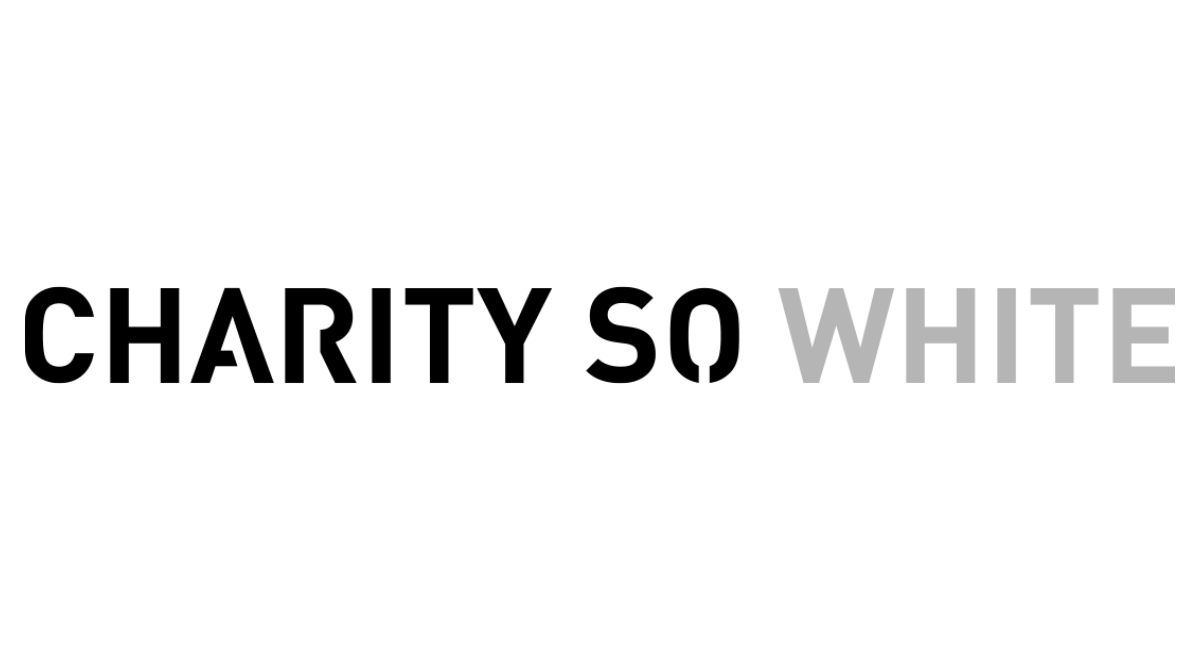#CharitySoWhite follow up meeting with NCVO
On Monday 2nd of December the #CharitySoWhite team met with Karl Wilding, CEO of NCVO and two BAME members of NCVO’s EDI working group (1) to discuss institutional racism in the charity sector and NCVO’s role as an infrastructure body in tackling these issues. This meeting was a follow up to a previous meeting in October.
Too often discussions on power, privilege, diversity, and inclusion are held behind closed doors, without public accountability. To begin to change this trend NCVO agreed to share the date, time and details of the meeting.
The Sector’s response to NCVO meeting with #CharitySoWhite
The meetings started off by discussing the responses NCVO had received from others within the sector when notes from the last meeting were published in this blog. Responses had been varied. Some had been surprised that NCVO had met with us but most had been ultimately pleased that they had. NCVO also shared that there was a chunk in the sector unsure about how to respond #CharitySoWhite, and by extension did not feel confident wading into discussions on tackling racism in the sector.
NCVO staff shared that much of their feedback reflected that for many in the sector ‘institutional racism’ is seen and associated with Macphearson report, one of the few instances where institutional racism was acknowledged as existing in the UK, and largely in the past. As a result, the framing around institutional racism can lead to immediate resistance from some in the sector. People don’t understand what institutional racism really means, and so conversations can quickly turn to misguided assumptions that “we’re not as bad as that”.
We reflected on how white fragility in the sector is still strong, and about how important it is that in our work and in our communications we take people on a journey from racism existing in the world to racism existing in the sector. We need to be able to show people that if racism is a thing which exists in the wider world and is at play in other sectors, then it must also be at play in the charity sector and should be tackled in a similar way.
We also talked about how conversations at NCVO on racism had so far mostly been internal, and that they had an opportunity to be more public in their exploration and discussion.
NCVO’s work to tackle racism in the sector
Karl and the team at NCVO updated us on a range of initiatives that had been explored on how to tackle racism within the organisation and across the sector as a whole. We have been asked not to share these in detail publicly as they were still being finalised at the time of our meeting. We agreed to this with a caveat around the purpose of future meetings, and while strongly urging them to be more public, even in their exploration of the issue.
These included:
Bringing in an external expert to lead this work internally, fulfilling both a strategy function but also coaching senior leadership on Diversity, Equality & Inclusion.
Karl setting personal goals to speak on racism and broader diversity challenges in the sector, and to also use his power and influence to ensure the panels he participates on are as diverse as possible
Exploring tangible short-term initiatives including publishing internal NCVO data, resources and learnings, and prioritising racial diversity in any open roles
How #CharitySoWhite will engage with NCVO in the future
Whilst it is important to see large organisations like NCVO taking steps to talk about and tackle racism in their organisation, we at #CharitySoWhite want these meetings to form part of a partnership where we work together to further our cause of tackling racism in the charity sector. Our role is to hold NCVO to account, as a sector watchdog.
We want these meetings to be a space where we can explore ways in which we can partner together to further disrupt the sector and push for more conversations and actions to be taken on institutional racism in the sector.
To this end, we agreed that at our next meeting we will need to discuss tangible progress that NCVO is making towards really tackling racism in its organisation and discuss ways in which we can collaborate to take a sector wide approach on this.
